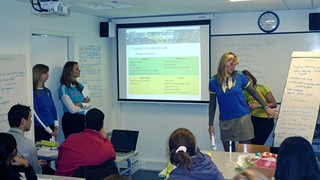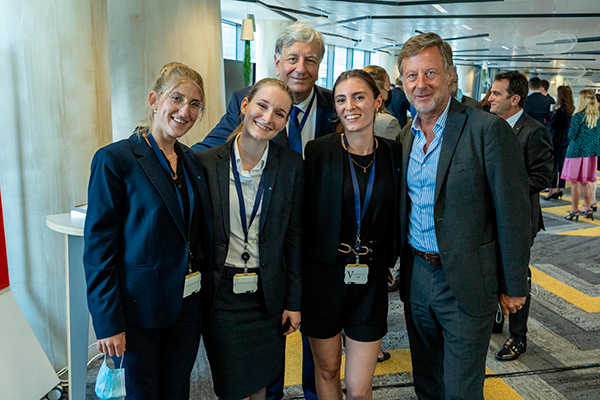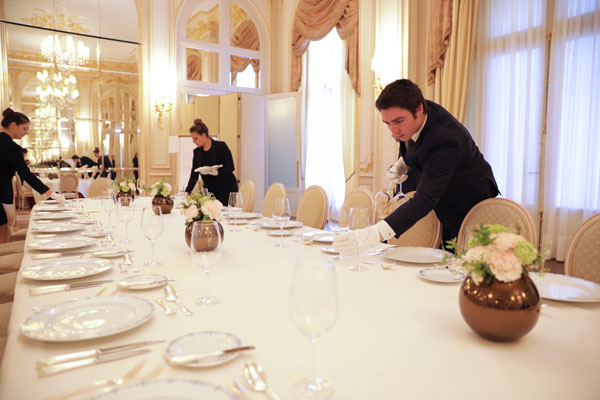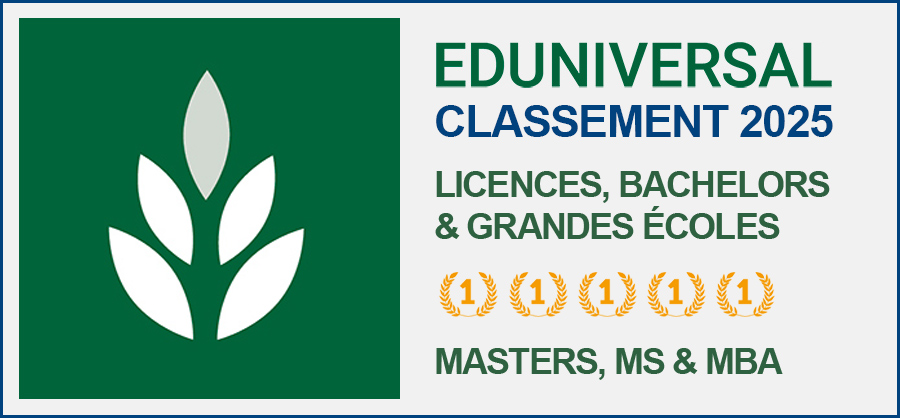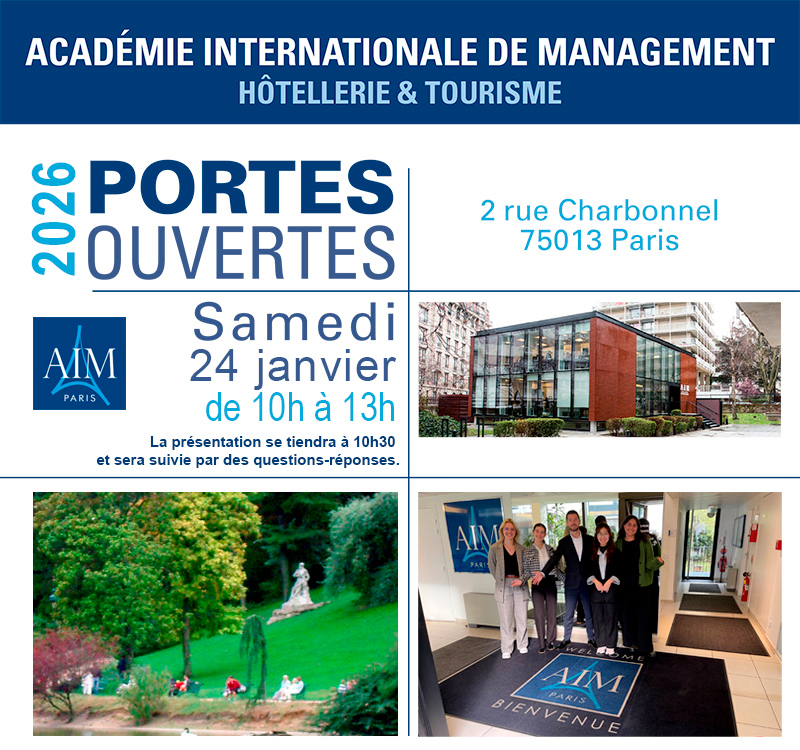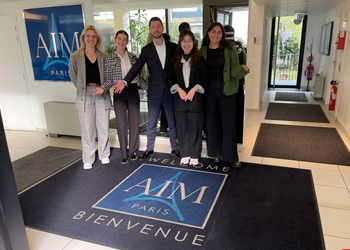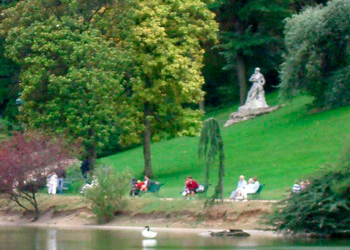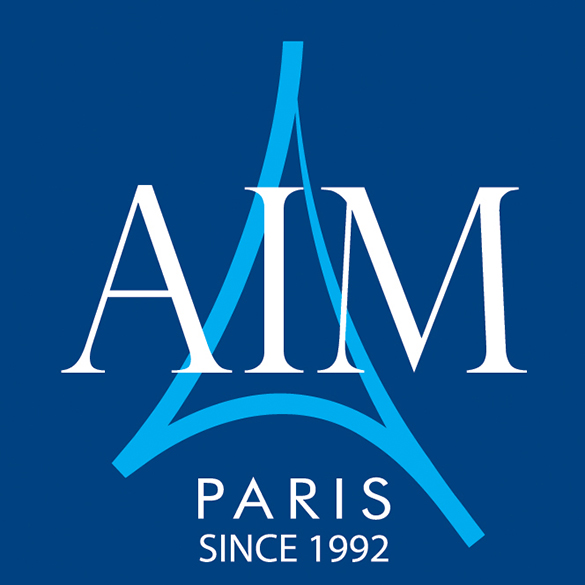Programme du Bachelor of Science
Management hôtelier et tourisme
Le programme des études Bachelor of Science Management hôtelier et tourisme est conçu pour développer le potentiel en management des étudiants en les plaçant dans des situations concrètes dans lesquelles ils doivent apprendre à gérer une équipe, travailler en groupe…
En complément de leurs cours, les étudiants conduisent ensemble des projets, jeux de rôle, études de cas… ou participent à des workshops reflétant la réalité du secteur de l’hôtellerie et du tourisme.
Nota Bene :
Un enseignement unique, exclusif et concret. Depuis 1992, nous transmettons aux étudiants et aux professionnels :
– l’excellence du savoir-faire à la française en matière de luxe et de service, en collaboration avec les palaces parisiens et l’école de cuisine Ducasse – Paris Studio
– l’excellence de l’art du management à l’international avec un programme professionnel :
- élaboré avec AHLEI en collaboration avec les grandes chaînes hôtelières internationales,
- dont le contenu est régulièrement dispensé aux cadres de leurs départements opérationnels,
- dont l’AIM détient l’exclusivité pour l’offrir à ses étudiants.
Un contexte qui explique la grande facilité d’intégration dans ces établissements de nos diplômés, bénéficiaires de la version originale (en anglais) de ces formations dispensées par un corps enseignant hautement qualifié.
Patrick ROSIER
Direction des études
Organisation des études de Bachelor of Science sur 3 ans
Calendrier académique
Trois années d’études supérieures intensives et spécialisées de haut niveau qui forment des cadres opérationnels pour les postes de responsabilités dans l’hôtellerie de luxe et le tourisme haut de gamme. Après un premier semestre de cours, les étudiants appliquent les enseignements reçus lors de stages opérationnels ou de management dans des établissements hôteliers basés en France ou à l’Etranger.
Bachelor of Science 1re année
| oct. | nov. | déc. | janv. | févr. | mars | avr. | mai | juin | juill. | août | sept. |
| COURS (450h au minimum) | STAGE EN ENTREPRISE * |
Vacances de Noël : 2 semaines selon le calendrier de l’Académie de Paris
Vacances d’hiver : 2 semaines selon le calendrier de l’Académie de Paris
*Stage (ouvrier) en entreprise : 4 mois minimum
Bachelor of Science 2e année
| oct. | nov. | déc. | janv. | févr. | mars | avr. | mai | juin | juill. | août | sept. | oct. | nov. | déc. |
| COURS (450h au minimum) | MANAGEMENT TRAINING * |
Vacances de Noël : 2 semaines selon le calendrier de l’Académie de Paris
Vacances d’hiver : 2 semaines selon le calendrier de l’Académie de Paris
*Management training : 6 mois en France, jusqu’à 8 mois à l’étranger
Bachelor of Science 3e année
| janv. | fév. | mars | avr. | mai | juin | juil. | août | sept. | oct. | nov. | déc. |
| COURS (450h au minimum) |  MANAGEMENT TRAINING * Obligatoire si poursuite des études en 2e année du MSc |
Les emplois du temps permettent l’exercice d’activités rémunératrices dans la limite de 20 h / semaine.
OBJECTIFS
Ce programme dans son ensemble, dont la conception originale revient exclusivement à l’AIM, est aussi répertorié au RNCP.
Il s’inscrit dans un contexte de développement des offres hôtelières – en particulier sur le marché de l’hôtellerie de luxe – avec de plus en plus de concurrence liée à la présence de nombreux acteurs et groupes qui souhaitent s’imposer sur ce marché.
Les cours avec certifications professionnelles
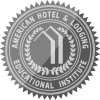
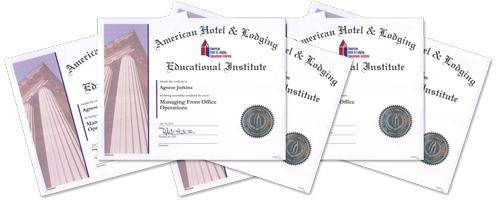
1re année de Bachelor of Science
Le choix des matières et l’organisation des cours de la 1re année privilégient le développement des facultés d’analyse et de synthèse, qualités déterminantes pour l’apprentissage des procédés de décision dans un environnement d’une complexité croissante.
PÔLES D’EXPERTISES
AVEC CERTIFICATIONS PROFESSIONNELLES
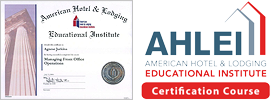
2e année de Bachelor of Science
PÔLES D’EXPERTISES
AVEC CERTIFICATIONS PROFESSIONNELLES

3e année de Bachelor of Science
PÔLES D’EXPERTISES
AVEC CERTIFICATIONS PROFESSIONNELLES

Des travaux en équipe
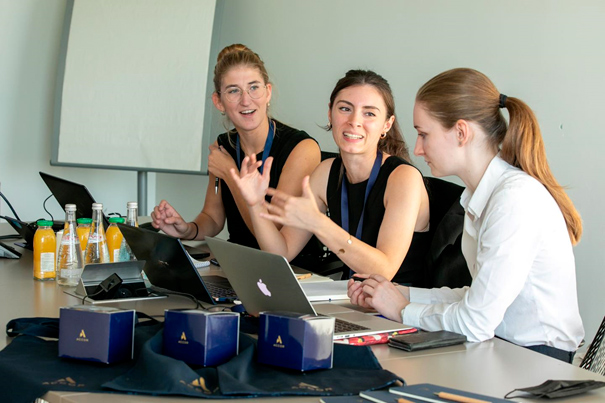
Des travaux d’équipes pour des projets concrets, avec des planifications rigoureuses nécessitant des connaissances approfondies, toutes dispensées durant le programme.
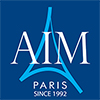

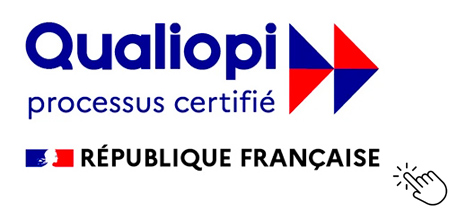
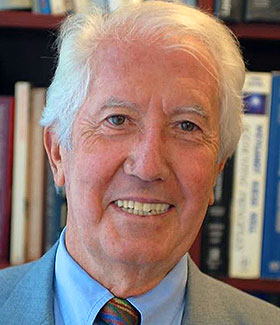
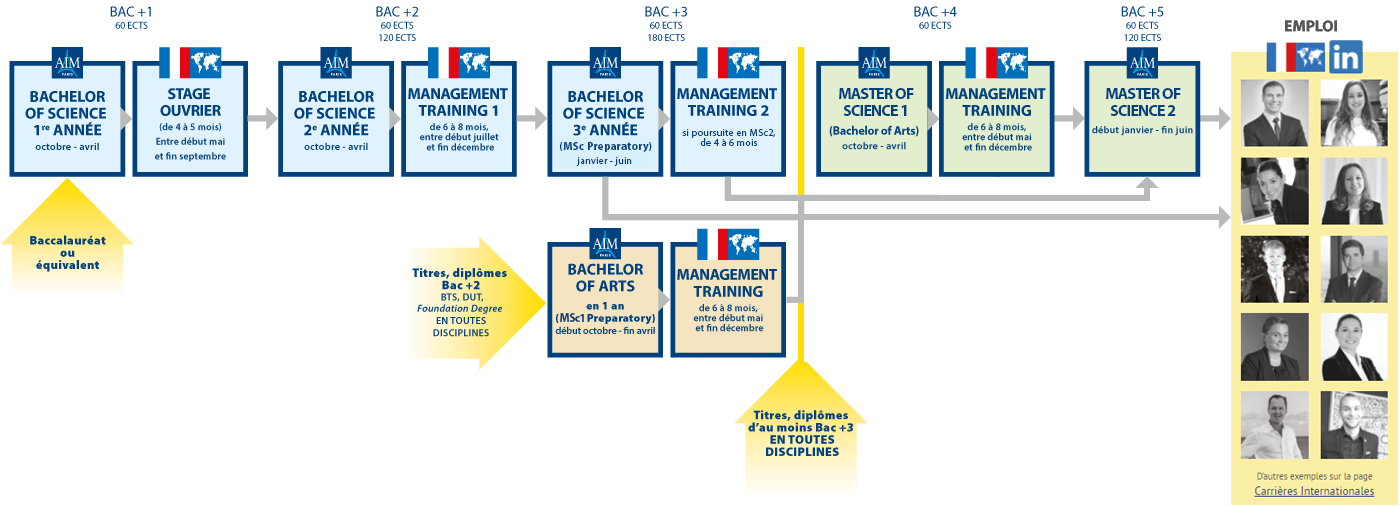

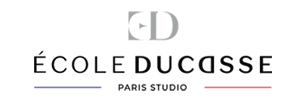


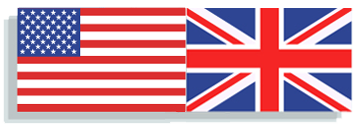
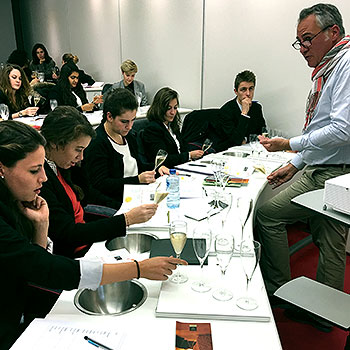 This course lays the groundwork for a basic understanding of beverage operations by explaining the beverage service process, describing the types of positions commonly found in beverage operations, and focusing on such beverages as beer, spirits, and wine. Included in the course are instructions on responsible alcohol service, supervisory techniques, and procedures for entry-level beverage service positions.
This course lays the groundwork for a basic understanding of beverage operations by explaining the beverage service process, describing the types of positions commonly found in beverage operations, and focusing on such beverages as beer, spirits, and wine. Included in the course are instructions on responsible alcohol service, supervisory techniques, and procedures for entry-level beverage service positions.